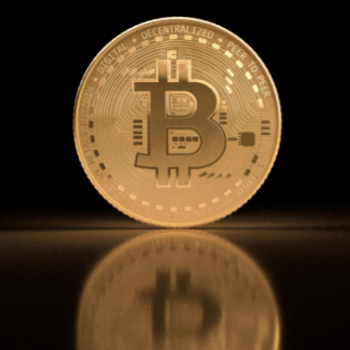Cryptocurrencies: what should look out for when investing in digital currencies
 The year was 2013. Bitcoin, the first cryptocurrency to appear on the web, was not favorably regarded by economists, investors, and even less so by Internet users. Almost everyone considered it as a passing trend. However, as time passed, the decentralized blockchain technology evolved, and new cryptographic currencies emerged. “Digital currencies” are now common around the world.
The year was 2013. Bitcoin, the first cryptocurrency to appear on the web, was not favorably regarded by economists, investors, and even less so by Internet users. Almost everyone considered it as a passing trend. However, as time passed, the decentralized blockchain technology evolved, and new cryptographic currencies emerged. “Digital currencies” are now common around the world.
With all this popularity, it's not hard to find someone who wants to invest in cryptocurrencies: After all, they can appreciate at an impressive rate. Those who bought US$ 10 in bitcoins in 2013, today probably have more than US$ 40,000. Several “mainstream” platforms have also started to facilitate the purchase and sale of these currencies, which has further increased the interest of the general public. However, you should remember that this universe is also full of traps.
Investing in cryptocurrencies is, in itself, a risky financial operation. These currencies are not regulated by an official entity and their fluctuations are unpredictable, so just as you can make a lot of money in a short period of time, you can also wind up with a loss in the long term. However, what we're going to discuss here is the huge amount of scams and fraud that you can fall victim to if you are not careful before venturing into this world.
A hole in your wallet
The most common threat involving cryptocurrencies are wallets. This is where you store your virtual money. It can be an app or a specialized website — the basic operation is the same. You have a public key, that is, an identifying “address” through which you receive payments, and a private key, which identifies you as the owner of that wallet. The problem is that there are all kinds malicious wallets all over the internet.
Avoid downloading wallet apps that are unknown or of a dubious source. At the very least, you may come across fake software designed just to steal your cryptocurrencies. If you are really unlucky, the program will be full of malware that can infect your computer or mobile device.
Once you get a reliable wallet, it's time to trade your cryptocurrencies. As with traditional financial transactions, you will need a digital currency exchange to obtain your bitcoins or any other crypto asset. We are basically talking about an online platform where you make the payment (with a payment slip, a credit card, or even PIX) and receive your digital currency in the wallet informed. Again, you should be careful: there are many fraudulent currency exchanges that will disappear with your money and never hand over your cryptocurrencies.
Ghost coins
Finally, it must be pointed out that new cryptocurrencies appear daily on the web in a process known as ICO (initial coin offering). These are very appealing moments, since the idea is to attract buyers of these tokens before they are actually released and gain market value. There is a chance that you will be able to buy a brand new cryptocurrency at a much lower price than it will reach in a month, for example, and make a quick profit.
There are several reliable ICOs, but there are also several fraudulent ones that win over a number of initial investors, and then disappear with the funds raised. Research well before getting involved with a new cryptocurrency, take a good look into who is behind the project and study the technical description that should appear on its official website. Without this information, it's best not to risk your savings.
